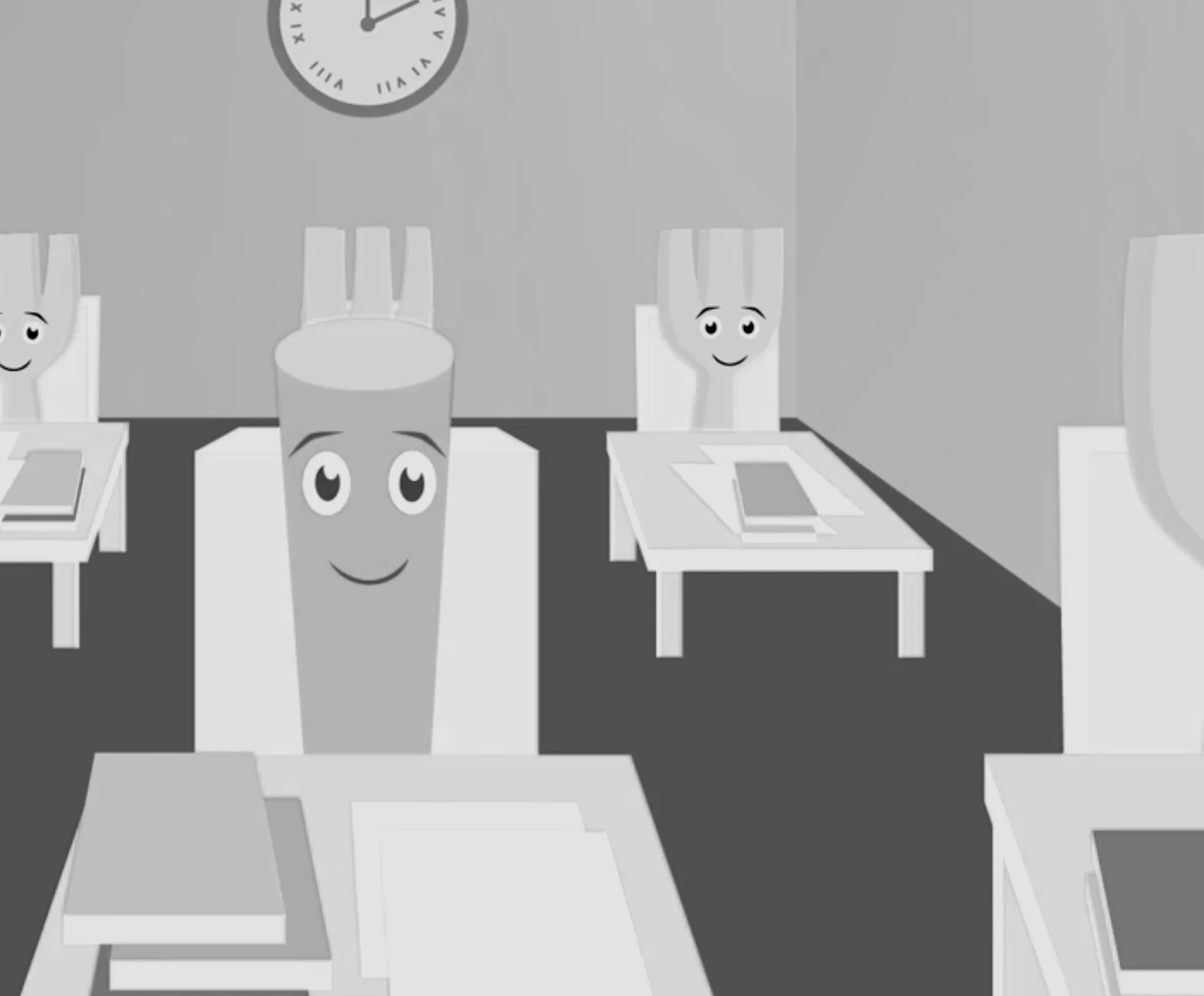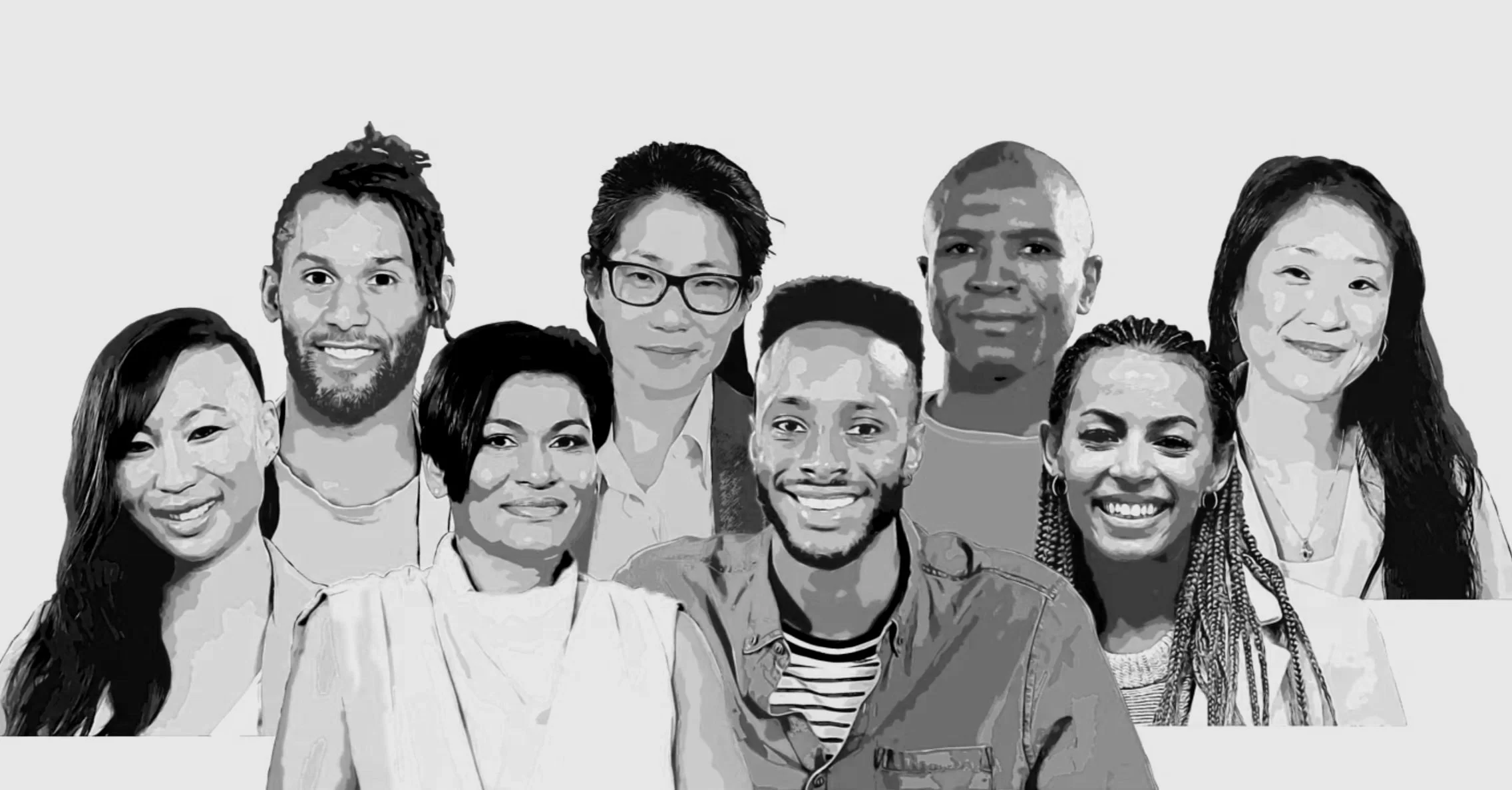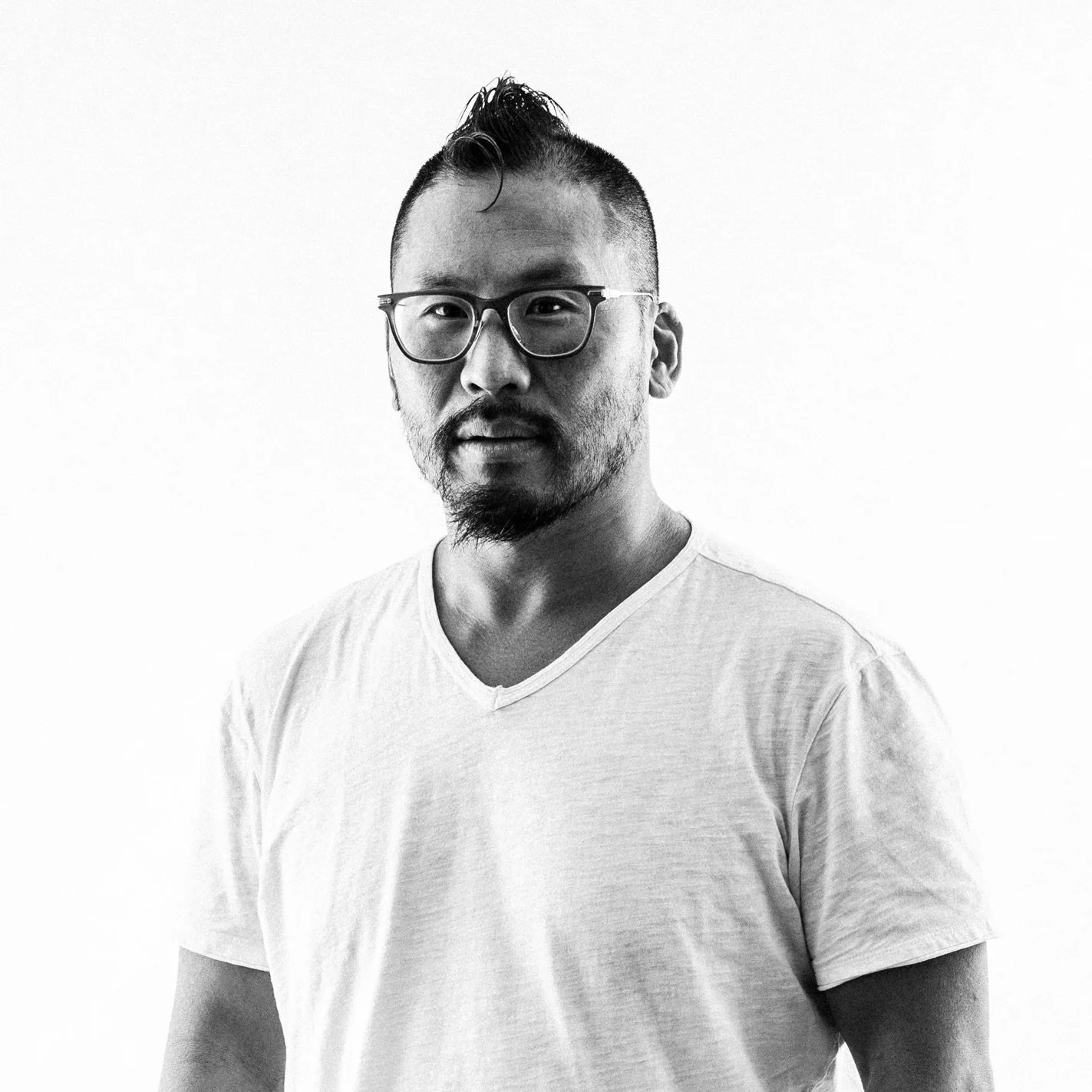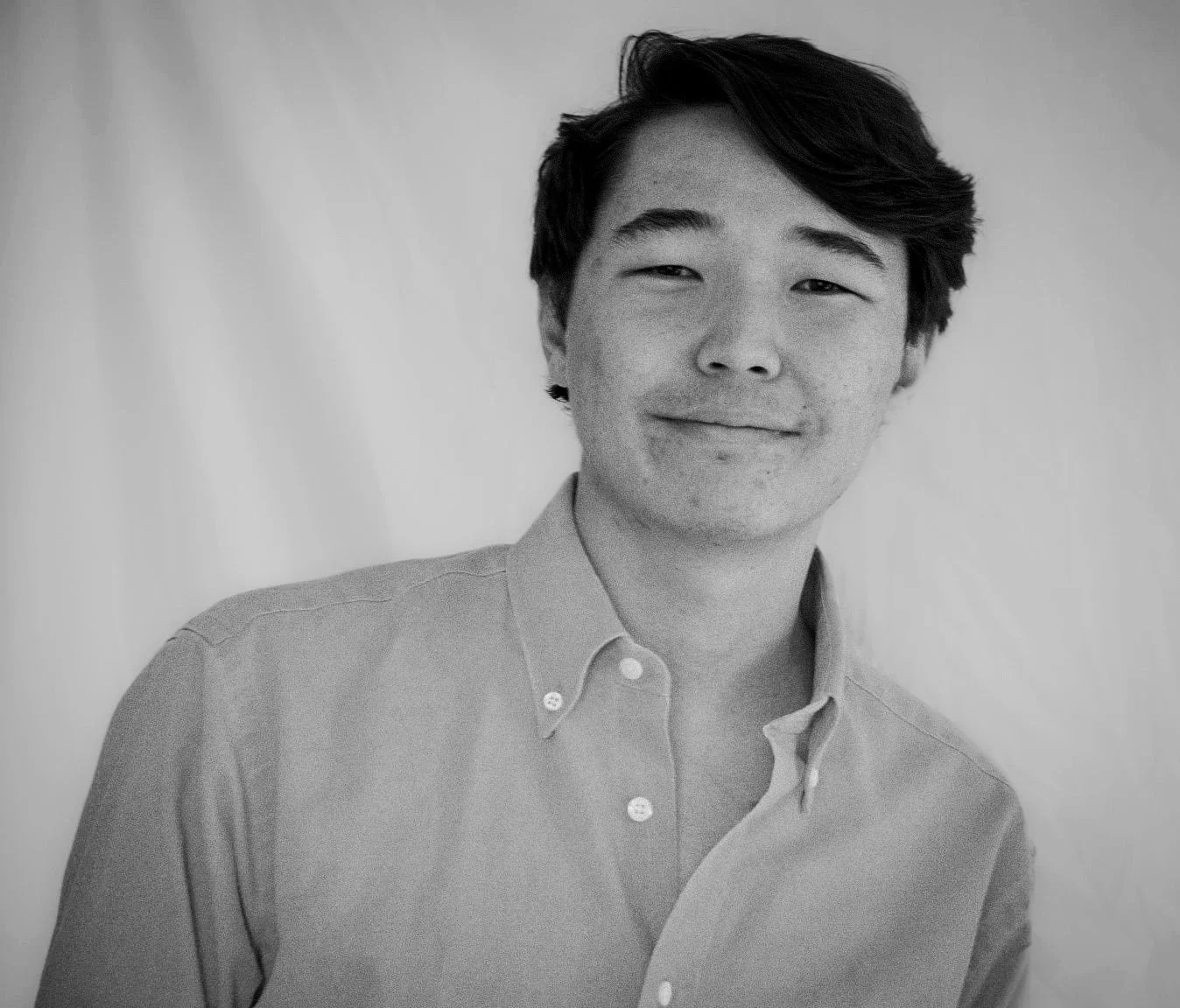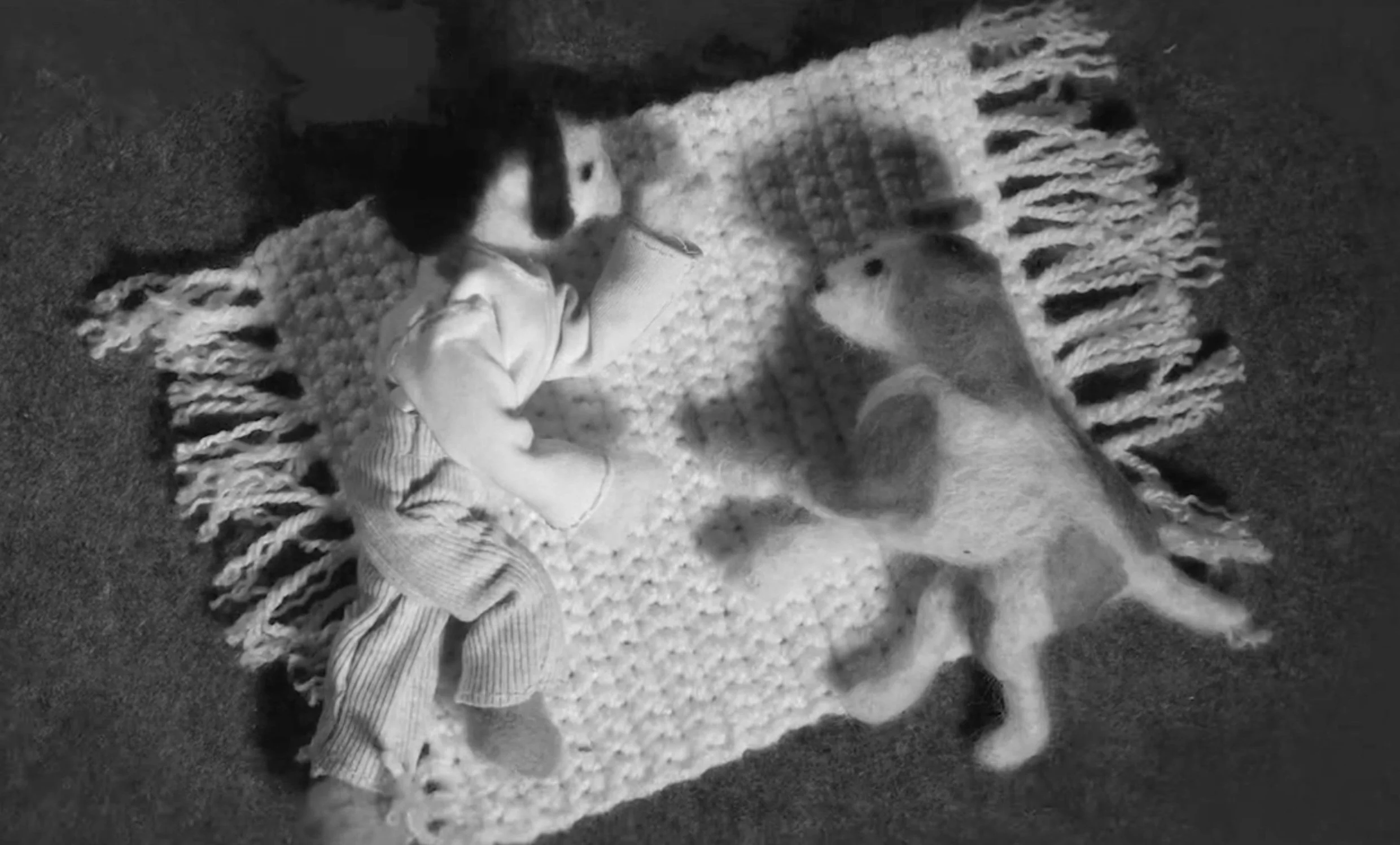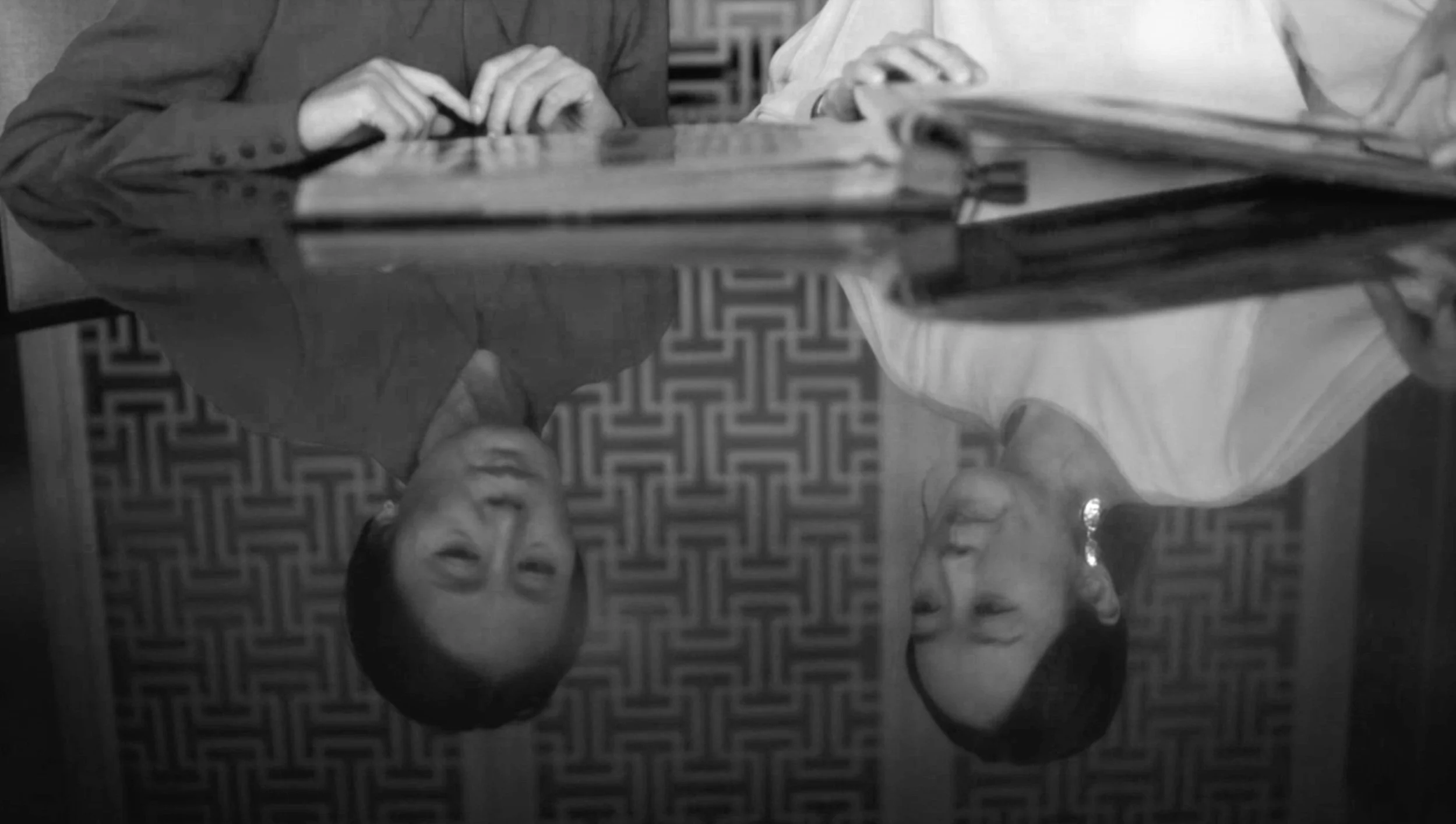2024 PROGRAm
Tierra (Land) by Jenifer De La Rosa
CHOPSTICK by Leah Xiuzhen Rathe
Rethinking Adoption by Lynelle Long
Hana Sasaki’s Tail by Kevin Berlandi
Any Sign at All by Faryl Amadeus
Big Happiness by Dahee Kim
Dear Mother by Kayla Tange
Reunion by Cameron Howell
Abby by Fanny Lord-Bourcier
Stranger’s Reunion by Elizabeth Sargent
We will be giving out awards for Best Film and our Impact Award for oustanding activism advocating for Adoptee representation in film.
‘Tierra (Land)’ by Jenifer de la Rosa
Jenifer De La Rosa (she/her) is a transracial (Latin-indigenous), transnational (Colombia) adoptee from Spain. She served as Directer and Writer for ‘Tierra (Land)’.
About ‘Tierra (Land)’
Amaranta is a 12-year-old adopted girl who has grown up in Spain and wants to know more about her Colombian origins. One summer day she decides to secretly investigate her past. Her findings, the internet and her friend Maria will change her perception of herself forever.
What Did Making ‘Tierra (Land)’ Mean for You and Your Adoptee Identity?
Creating “Tierra” was deeply personal for me. It brought me back to a holiday when I was 11 or 12, where I faced racism and felt a strong sense of dysphoria, wanting to be like my Spanish family and ashamed of my Colombian roots. Through the process of making this short film, I had to reconnect with my inner child to explain to the actresses what those feelings of racism and being an adoptee meant. Working with a coach for children, I learned a lot. Despite the 20-year gap between Lola [main actress] and me, we share much in common as adoptees.
Jennifer and Lola will be joining us from Spain on our Livestream.
‘CHOPSTICk’ by LEAH XIUZHEN RATHE
Leah Xiuzhen Rathe (she/her) is a transracial (Asian), transnational (China) adoptee from the US. She served as Directer, Writer and Editor for ‘CHOPSTICK’.
About ‘CHOPSTICK’
A chopstick, adopted from one country and raised in one filled with forks, goes on a journey of self discovery and identity.
What Did Making ‘CHOPSTICK’ Mean for You and Your Adoptee Identity?
This is the first film I’ve created about my own adoptee experiences, and it has been both life-changing and deeply cathartic to share it with friends, family, and beyond. Expressing these experiences has always been challenging for me, but through this film, I aimed to convey my story and emotions in an open, approachable way. Now that I’ve shared it, I feel more understood and seen for who I truly am. My hope is that other adoptees may recognize themselves in this story or feel a greater sense of visibility in their own journeys.
Leah and fellow adoptee collaborator, Jade Reagan, will be joining us live in NYC on 11/20
‘RETHINKING ADOPTION’ by LYNELLE LONG
Lynelle Long (she/her) is a transracial (Asian), transnational (Korea) adoptee from Australia. She served as Directer and Producer for ‘Rethinking Adoption: In our own words’.
About ‘Rethking Adoption’
This is a short film on the lived experience of intercountry transracial adoptees covering what we want people to know about the complexities of our journey.
What Did Making ‘Rethking Adoption’ Mean for You and Your Adoptee Identity?
This film was made to truly reflect some of the complexities of being a transracial intercountry adoptee based on my many years of providing peer support via my network InterCountry Adoptee Voices (ICAV).
Lynelle will be joining us from Sydney, Australia on our livestream.
‘HANA SASAKI’S TAIL’ by Kevin Berlandi
Kevin Berlandi (he/him), DGA, is a transracial (Asian), transnational (Korea) adoptee from the US. He served as Directer and Producer for ‘Hana Sasak’s Tail’.
About ‘Hana Sasak’s Tail’
Adapted from the award winning book of short stories "Three Scenarios in which Hana Sasaki Grows a Tail" by Kelly Luce. This short film delves into the idea of identity as we follow Hana Sasaki on her thirtieth birthday as she receives a present that she could have never imagined.
What Did Making ‘Hana Sasak’s Tail’ Mean for You and Your Adoptee Identity?
It’s meant everything. This film is my first outward expression of my internal process of visual storytelling.
Kevin will be joining us from Los Angeles, California on our livestream.
‘ANY SIGN AT ALL’ by FARYL AMADEUS
Faryl Amadeus (she/her), SAG, is a domestic adoptee from the US. She served as Writer, Directer and Producer for ‘Any Sign at All’.
About ‘Any Sign At All’
Clutching at straws and running on fumes, a desperate young woman’s indecision about the future of her unborn child has her looking for signs from the universe. Stranded at a crossroads, will the future finally reveal its plan?
What Did Making ‘Any Sign At All’ Mean for You and Your Adoptee Identity?
I think being an artist means having the instinct to process the world around us and the emotions inside of us. I love being adopted, but it is also, sad and complicated, and I long for connection constantly. Making films is a way that I can process those feelings of desperately yearning to connect. To belong.
Faryl will be joining us live in NYC on 11/20 and 11/22.
‘BIG HAppiness’ by DAHEE KIM
Dahee Kim (she/her) is a transracial (Asian), transnational (Korea) adoptee from the US. She served as Directer, Editor and Producer for ‘Big Happiness’.
About ‘Big Happiness’
Big Happiness centers around two dinner conversations, one with Da Hee's adoptive parents in Minnesota, and the other with Hojung Audenaerde, another Korean adoptee in Seoul. Big Happiness is a meditation on transnational adoption, identity, and colorblindness growing up in a transracial family.
What Did Making ‘Big Happiness’ Mean for You and Your Adoptee Identity?
This film was pivotal to my adoption journey. I made this film at the beginning of my adoption awakening and it has shown me how filmmaking can be a resource to me to uncover these complexities that we carry as adoptees.
Dahee will be joining us live in NYC on 11/20.
‘DEAR MOTHER’ by KAYLA TANGE
Kayla Tange (she/they) is a transracial (Asian), transnational (Korea) adoptee from the US. They served as the Subject and Directer of ‘Dear Mother’.
About ‘Dear Mother’
Like thousands of Korean orphans since the 1950s, Kayla Tange was adopted by a Japanese American family and brought to the United States as an infant in 1982. She now lives in Los Angeles, where she works as an exotic dancer and as a performance artist. In 2011, Kayla made arrangements through a social worker to meet her birthmother. After traveling to Korea, she was devastated to learn that her birthmother had changed her mind and refused to meet with her. Kayla returned to the US with even more questions and an even heavier heart than before. Kayla hopes this visual letter filmed over the course of a year will help bring her some sort of peace if not the chance to finally meet the mother she’s never known.
What Did Making ‘Dear Mother’ Mean for You and Your Adoptee Identity?
Creating this film was an emotional rollercoaster. It still is. I am grateful to my co-producer for making this happen as it's been a way for me to discuss my intersecting identities and communities.
Kayla will be joining us live in NYC on 11/20.
‘REUNION’ by CAMERON HOWELL
Cameron Howell (he/him) is a transnational (Kazakhstan) adoptee from the US. He served as Directer, Producer and Writer for ‘Reunion’.
About ‘Reunion’
Reunion follows Oliver, a 20-year-old, who is about to meet his birth mother. Based on real events, this film takes place the evening before the meeting, when Oliver's parents take him out to dinner. He has to make the decision to either meet his birth mom or let the opportunity pass by.
What Did Making ‘Reunion’ Mean for You and Your Adoptee Identity?
After meeting my birth mother, I initially saw the film as a fun idea, but it evolved into something more personal. I explored what it meant to me when I say “I am an adoptee” and how that identity shapes the interactions that I have in the world.
Cameron will be joining us live in NYC on 11/20 and 11/22.
‘ABBY’ by FANNY LORD-BOURCIER
Fanny Lord-Bourcier (she/they) is a transnational (Chinese) adoptee from Canada. They served as Directer of ‘Abby’.
About ‘Abby’
Following an exchange of text messages with her mother about her newly adopted dog Abby, a young woman sees her experience as a transracial adoptee reflected in this adoption.
What Did Making ‘Abby’ Mean for You and Your Adoptee Identity?
Abby was my first time sharing such intimately about the topic of adoption. I had the chance of building a team made of a majority of Adoptees. Through these collaborations, and later by having the chance to share Abby with both Adoptee and non-Adoptee audiences, I found fertile soil to have so many rich conversations surrounding this topic. It is invaluable for me to be able to share my story, and in return, hear other Adoptees share theirs, and connect to mine.
Fanny will be joining us live in NYC on 11/20.
‘STRANGER’S Reunion' by ELIZABETH SARGENT
Elizabeth (Liz) Sargent (she/her) is a transnational (Korean) and transracial adoptee from the US. She served as Directer and Writer for ‘Stranger’s Reunion’.
About ‘Stranger’s Reunion’
Mira, a Korean-American adoptee travels to Hong Kong to meet her birth mother for the first time. Impulsively, she invites Yura to visit her in her hotel suite the day before their official meeting in the hope that they’ll find a connection ‘before a translator gets in the way’. However, with only a basic understanding of each other’s languages and, to varying degrees, their own guilt and prejudices, misunderstandings threaten their tenuous attempts at connection, until an emotional breakthrough leads them to hope there is resolution — and a future — ahead for them both.
What Did Making ‘Stranger’s Reunion’ Mean for You and Your Adoptee Identity?
5 years ago I started a search for my birth mother on a whim and found her within a month. This script was written as a way to figure out my unique feelings about reunion. Four days after I the STRANGERS REUNION shoot I met her for the first time. While I processed this new relationship, I looked to media and only found stories about dramatic reunions and immediate feelings of connection. But adoptee experience is not singular. There is no road map for this relationship – the search to reunite with a birth mother can be daunting and impossible, reveal tragedy or joy. Reunion can complete a yearning or unveil a part of you never wanted to know. We are whole and we are also broken.
Liz will be joining us live in NYC on 11/20 and 11/22.



